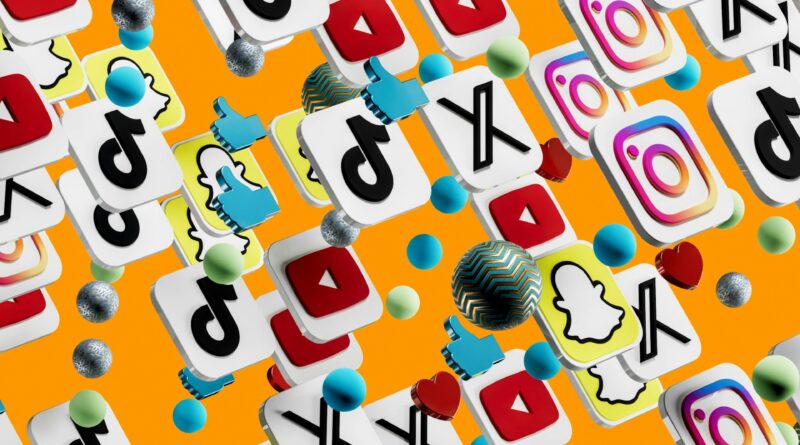Can Anti-Rumor Campaigns Foster Positive Behavioral Change?
In an age where social media is pervasive and misinformation is rampant, maintaining a healthy online environment is crucial for curbing the spread of unverified rumors. Social media platforms often employ anti-rumor campaigns to foster a positive public atmosphere. However, a fundamental question remains: can these initiatives truly resonate with the public and prompt positive behavioral change? Do such campaigns have the power to influence people’s thoughts and actions in their daily lives?
Read More














